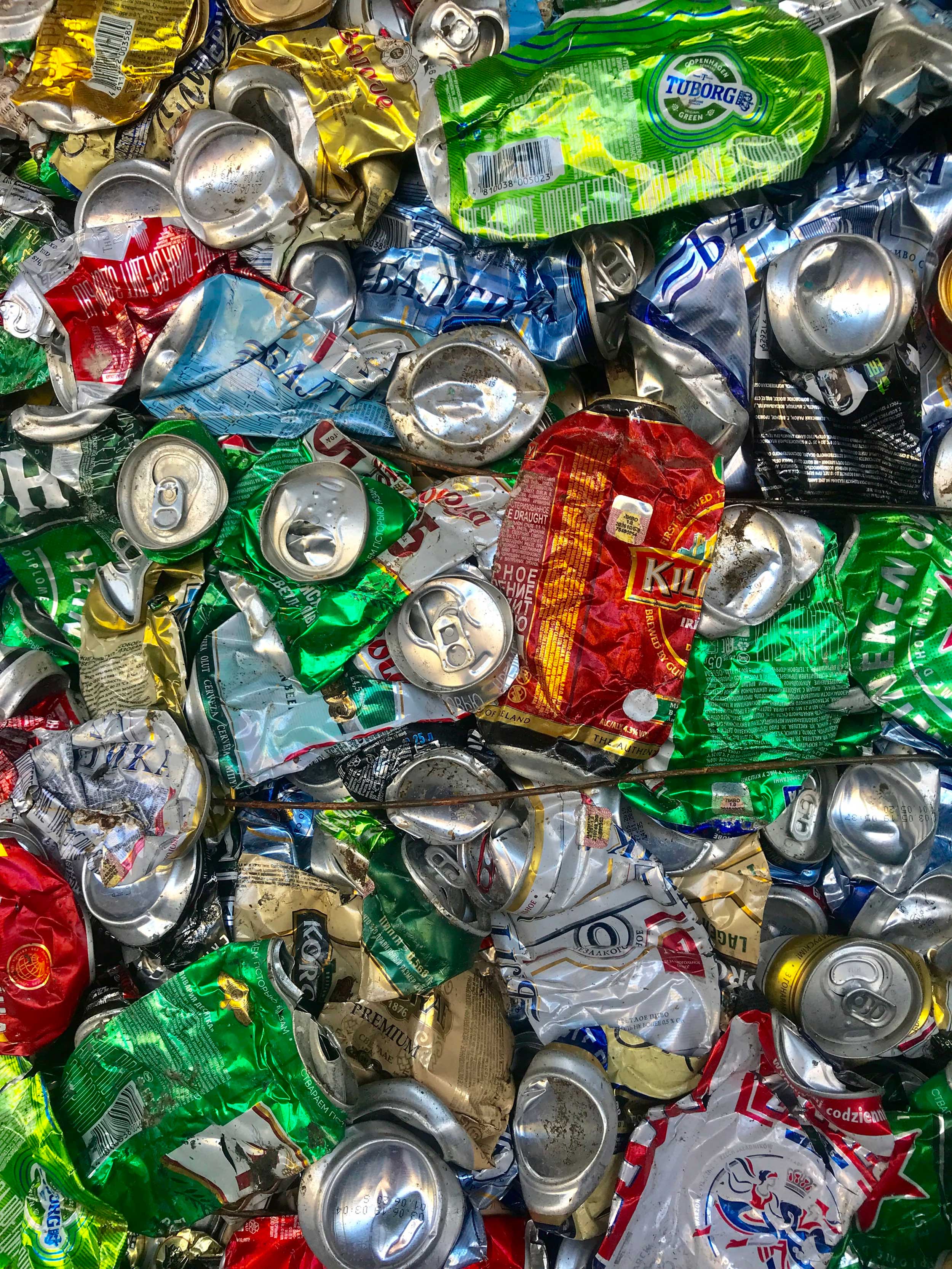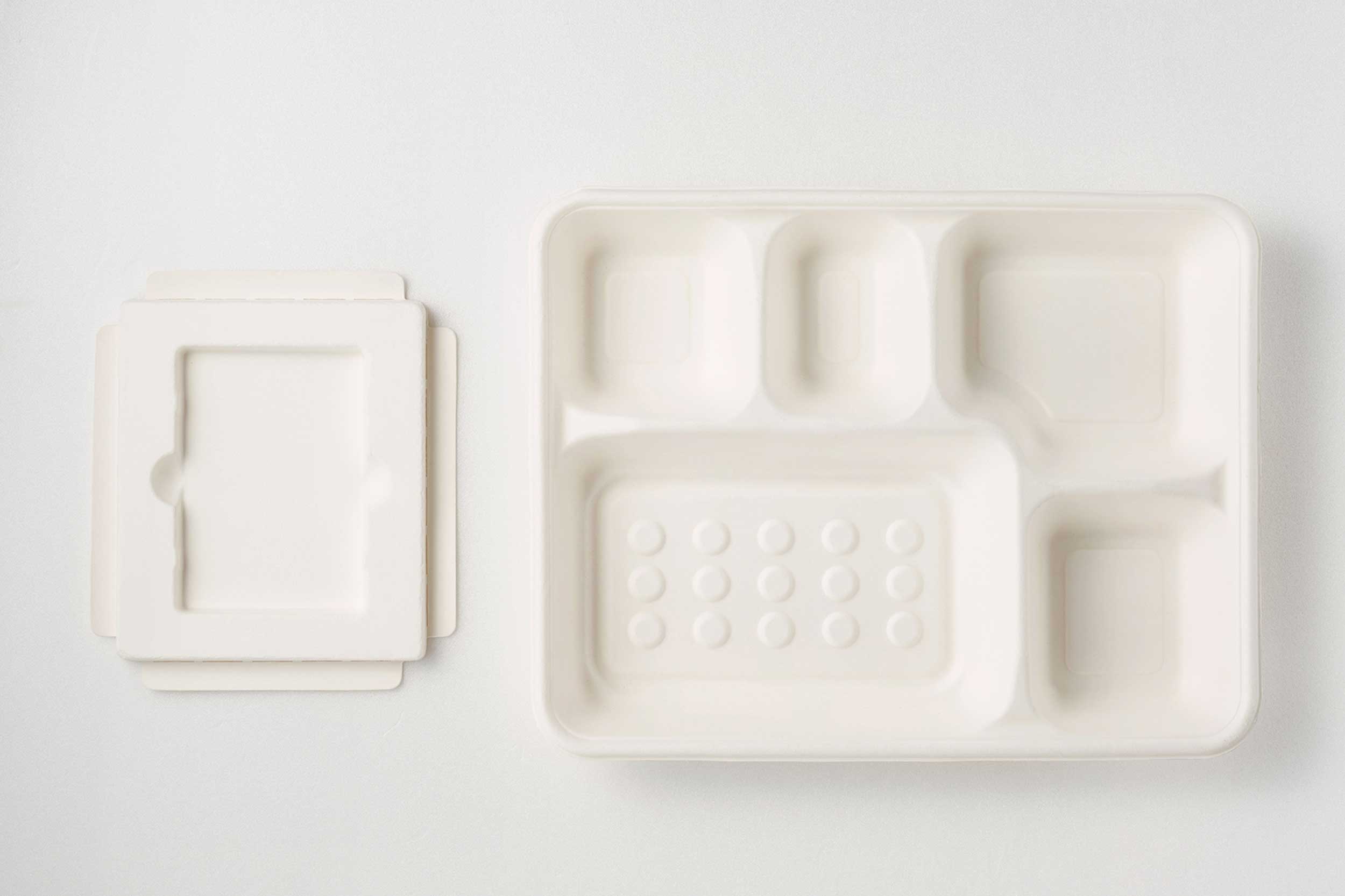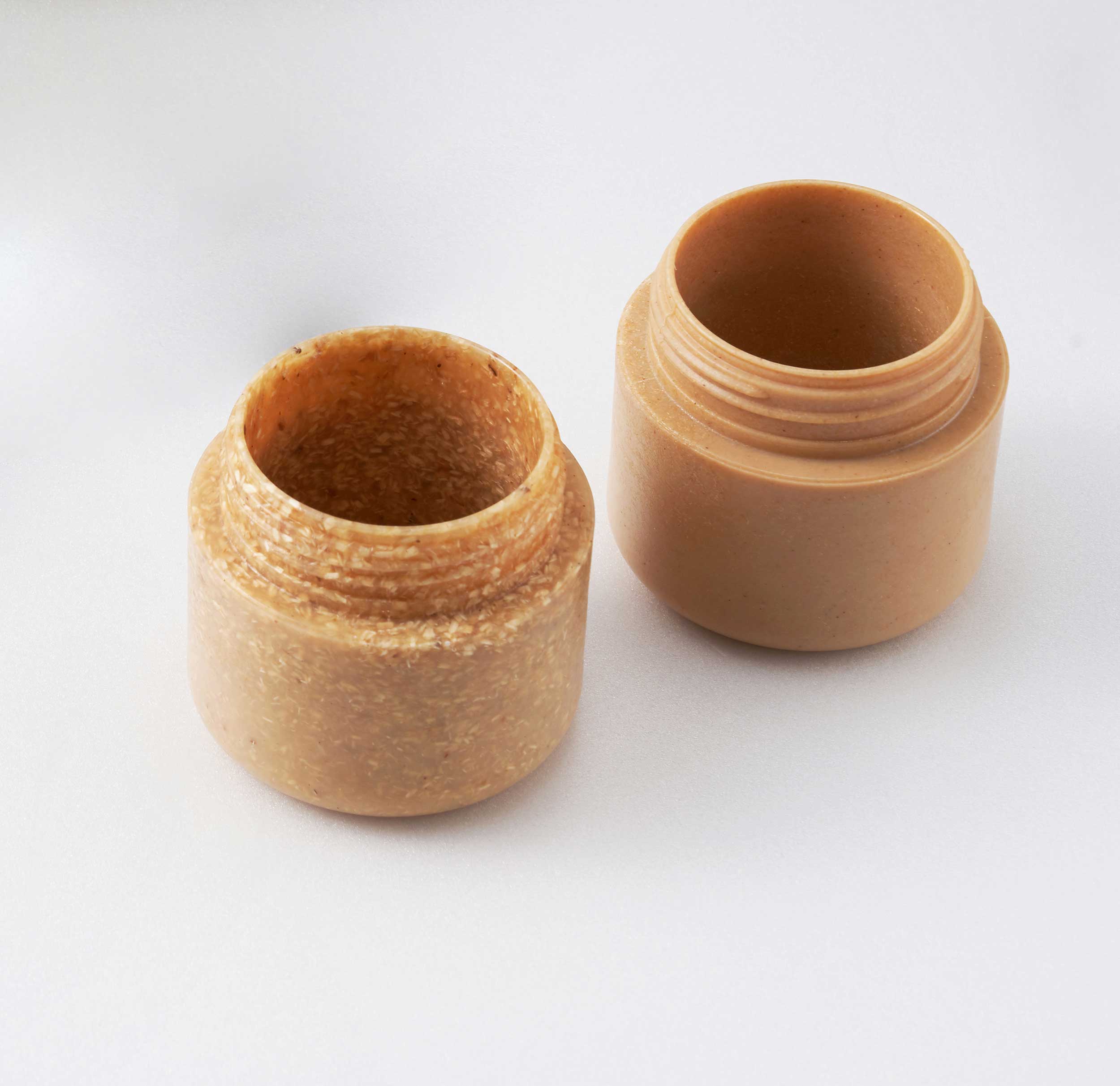[Starting Anew with Eco-Friendly Materials] Eco-Friendly Packaging Development Company, REVATION
- 관리자
- 2021.10.19
Starting Over with Eco-Friendly Materials: REVATION, an Eco-Friendly Packaging Development Company

Is there anything as concerning as waste, especially when it comes to recycling? While it's now common knowledge how and where to dispose of trash, many still find themselves confused. This is where REVATION comes in, considering the eco-friendliness of materials from their very inception.
In our daily lives, dealing with waste, particularly recyclables, poses a significant challenge. Despite widespread understanding of how to dispose of waste, many still struggle. Separating recyclables, understanding what can be recycled, and where to dispose of them have become common knowledge, yet doubts linger. Should bottle labels be removed before disposal? Are dry food scraps considered regular trash? Should plastic be discarded without flattening it? Is Styrofoam only recyclable if it's entirely white? These questions persist, highlighting the need for a rethink.
According to data from the Ministry of Environment, amid the COVID-19 pandemic, paper waste surged by 25%, plastic by 19%, and vinyl by 9% in March this year due to increased delivery services. However, despite conscientious separation and disposal efforts by users, the actual recycling rate remains below 50% (Government Waste Statistics Analysis, International Statistical Analysis Results). At a time when keywords like 'plastic-free' and 'carbon reduction' are global concerns, companies are increasingly focusing on strategies to limit plastic usage and reduce carbon emissions, gradually implementing measures from next year. Starting next year, the use of plastic straws and shopping bags at convenience stores and bakeries will be prohibited, replaced with eco-friendly alternatives or subject to deposit schemes. Furthermore, regulations on disposable items in domestic lodging facilities will commence by 2024.
"Rather than just focusing on recycling, it's time to consider the eco-friendliness of products or raw materials themselves."
However, before implementing policies and measures, it's essential to reconsider the materials used in packaging, disposable items, and products themselves. Recycling and separating waste aren't sufficient solutions. Thus, there's an urgent need for the development of eco-friendly materials. While eco-friendly materials exist, achieving 100% biodegradability or using entirely eco-friendly materials remains challenging. Most eco-friendly materials only partially address the issue. REVATION, a leading eco-friendly packaging development company, emphasizes the importance of considering the eco-friendliness of products or raw materials themselves rather than just focusing on recycling. This applies not only to cosmetics but also to all industries, including living, F&B, and fashion, emphasizing the necessity of utilizing eco-friendly materials in both products and packaging.
Recent examples include Chanel's packaging for its NO5 perfume made from pulp molds and Samsung Galaxy S10 packaging, which doesn't use any plastic. Many companies continue to research and explore 100% eco-friendly materials. REVATION, in particular, offers a one-stop solution from R&D to material development, production, delivery, specializing in completely eco-friendly materials like non-wood pulp molds, coffee chips, eco-chips, and SolraPak. REVATION has successfully achieved injection molding with coffee chips and eco-chips, highlighting the possibility of mass customization with eco-friendly materials, even for small-scale production. This underscores the importance of paying attention to REVATION's material development, not just for major corporations but also for small and medium-sized enterprises.


REVATION has already partnered with domestic and international corporations and institutions for material development and production, expanding its reach beyond cosmetics and F&B packaging to furniture and lifestyle products. Min Sung Lee, CEO of REVATION, explains, "Carbon reduction based on plastic-free materials is the goal of eco-friendly packaging," emphasizing the importance of expanding the scope of eco-friendly material development. Currently, aside from major corporations, there are few material research and development teams and related researchers, and few companies have systematically established a production system for materials.
The importance of eco-friendliness is undeniable, and consumer perceptions will likely change faster than policy-making. Consumers now consider 'eco-friendliness' a purchasing criterion, a form of value consumption. Especially when consumers consider their choices as a reflection of their values and thoughts, eco-friendliness becomes a necessary condition. As efforts to reduce disposable waste and develop 100% biodegradable materials intensify, as the government rushes to implement eco-friendly policies, now is the time for faster, more effective, and comprehensive change. It's no exaggeration to say that the success of businesses in the future market is closely tied to eco-friendly issues. In this context, the role of development companies like REVATION and the growth and expansion of related business areas are highly anticipated.
